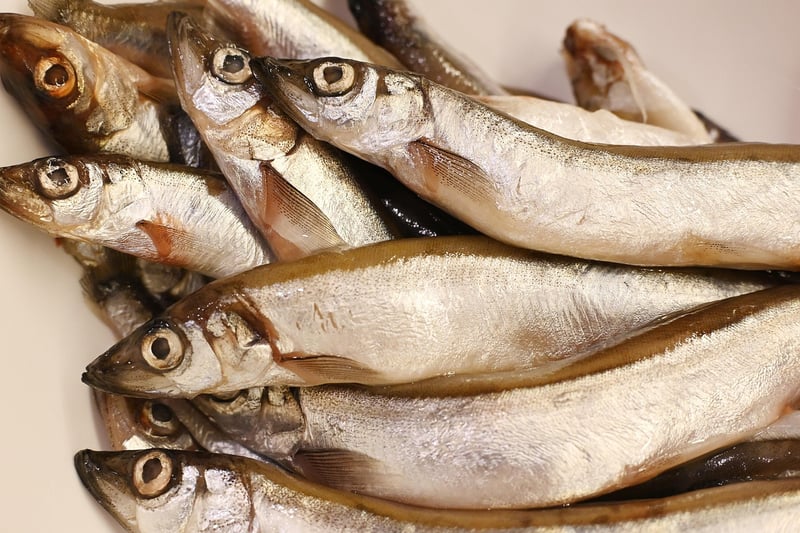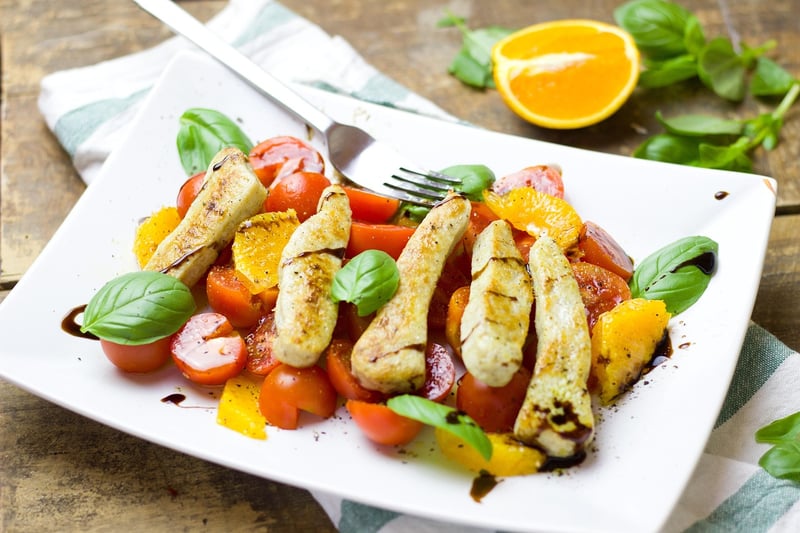Ingredient Substitutions
Enhance Your Culinary Skills with Ingredient Substitutions
Are you looking to elevate your cooking game but find yourself missing a key ingredient? Don't worry! Learning about ingredient substitutions can help you become a more versatile and resourceful chef in the kitchen. Whether you ran out of a particular spice or need a dairy-free alternative, having a few substitution tricks up your sleeve can save your dish and impress your guests. Let's explore some common ingredient swaps that can enhance your culinary skills.
1. Baking Soda and Baking Powder
When a recipe calls for baking soda but you only have baking powder on hand, fear not! You can substitute baking powder for baking soda by using three times the amount of baking powder. Similarly, if you need to replace baking powder with baking soda, use a third of the amount of baking soda and add an acidic ingredient like buttermilk or yogurt to activate it.
2. Butter and Oil
If you're looking to make a recipe dairy-free or simply prefer using oil over butter, you can easily swap the two. When a recipe calls for butter, you can use an equal amount of oil as a substitute. Just keep in mind that oil may affect the texture and flavor of the final dish, so choose the type of oil wisely based on the recipe.
3. Fresh Herbs and Dried Herbs
While fresh herbs add a vibrant flavor to dishes, dried herbs can be a convenient substitute when fresh ones are not available. As a general rule of thumb, you can replace one tablespoon of fresh herbs with one teaspoon of dried herbs. Dried herbs are more potent, so you'll need less of them to achieve a similar flavor profile.
4. All-Purpose Flour and Whole Wheat Flour
If a recipe calls for all-purpose flour but you want to make it healthier by using whole wheat flour, you can make the substitution. Simply replace all-purpose flour with whole wheat flour in a 1:1 ratio. Keep in mind that whole wheat flour may result in a denser texture, so adjust accordingly based on your preference.
5. White Sugar and Honey
For a more natural sweetener option, you can substitute white sugar with honey in many recipes. When using honey as a replacement, use 3/4 cup of honey for every cup of sugar and reduce the liquid in the recipe by 1/4 cup. Honey adds a unique flavor profile and additional moisture to your dishes.
By incorporating these ingredient substitutions into your cooking repertoire, you can adapt to unexpected situations in the kitchen and experiment with new flavors and textures. Embrace the art of substitution and let your creativity shine in the culinary world!

Keep exploring, experimenting, and enhancing your culinary skills one substitution at a time!
